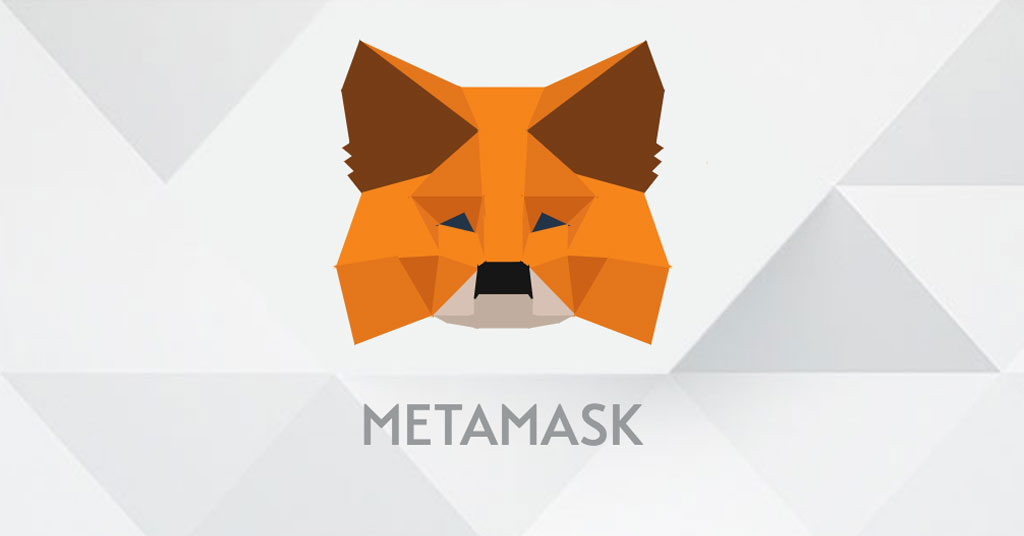In the rapidly evolving world of cryptocurrencies, crypto wallets play a critical role in managing digital assets. Whether you’re a beginner stepping into the crypto space or an experienced investor, understanding how crypto wallets work, the various types available, and best practices for securing your digital wealth is essential Metamask wallet. This article provides an in-depth look into crypto wallets, their functionalities, and tips on choosing the right one for your needs.
What Is a Crypto Wallet?
A crypto wallet is a digital tool that enables users to store, send, and receive cryptocurrencies such as Bitcoin, Ethereum, and many others. Contrary to what the term “wallet” might suggest, a crypto wallet doesn’t store cryptocurrencies in the traditional sense. Instead, it securely stores cryptographic keys—public keys that allow others to send you crypto and private keys that allow you to sign transactions and access your assets on the blockchain.
How Do Crypto Wallets Work?
Crypto wallets work by generating a pair of keys:
- Public Key: Similar to an account number, the public key is shared with others to receive funds.
- Private Key: This is like a secret password that gives you access to your funds. It is essential that this key remains confidential to prevent unauthorized access.
When you initiate a transaction, your wallet uses your private key to sign the transaction. This signature is then verified by the blockchain network using your public key, ensuring the transaction’s authenticity and integrity.
Types of Crypto Wallets
Crypto wallets can be broadly categorized into two types: hot wallets and cold wallets.
Hot Wallets
Hot wallets are connected to the internet, making them more accessible for day-to-day transactions. They come in several forms:
- Mobile Wallets: Applications on your smartphone that allow you to manage your crypto on the go.
- Desktop Wallets: Software installed on a personal computer, offering a good balance of security and convenience.
- Web Wallets: Online services accessed through a browser. While they are user-friendly, their security depends on the provider’s measures, making them potentially more vulnerable to hacking.
Cold Wallets
Cold wallets are offline storage solutions, offering a higher level of security for long-term holdings:
- Hardware Wallets: Physical devices that store your private keys offline. They are considered one of the safest methods for storing cryptocurrencies.
- Paper Wallets: Printed versions of your public and private keys. While cost-effective, paper wallets require careful handling and storage to prevent loss or damage.
Key Features to Consider When Choosing a Wallet
Choosing the right crypto wallet depends on your specific needs. Here are some key features to consider:
- Security: Look for wallets with robust security features such as multi-factor authentication, encryption, and the ability to control your private keys.
- Usability: An intuitive user interface is important, especially for beginners. The wallet should offer a seamless experience without compromising security.
- Supported Cryptocurrencies: Ensure the wallet supports the specific cryptocurrencies you plan to hold or trade.
- Backup and Recovery Options: The wallet should offer easy backup and recovery options to safeguard against loss or theft of your device.
- Community and Developer Support: Wallets with active developer communities and regular updates are generally more reliable and secure.
Best Practices for Wallet Security
Given the digital nature of crypto assets, maintaining wallet security is paramount. Here are some best practices:
- Protect Your Private Keys: Never share your private keys or store them in easily accessible places. Consider using a hardware wallet for significant amounts.
- Enable Two-Factor Authentication (2FA): Adding an extra layer of security can help protect against unauthorized access.
- Regular Software Updates: Ensure your wallet software is always updated to protect against vulnerabilities.
- Backup Your Wallet: Regularly back up your wallet’s seed phrase or recovery keys in a secure location.
- Beware of Phishing Scams: Always verify the authenticity of the websites and applications you use for managing your wallet.
The Future of Crypto Wallets
As the cryptocurrency ecosystem matures, crypto wallets are also evolving. Innovations such as decentralized identity solutions and multi-signature wallets are emerging to further enhance security and usability. Additionally, integration with decentralized finance (DeFi) platforms is paving the way for wallets that not only store assets but also interact seamlessly with various blockchain-based applications.
